Value of life defended as Lords approve NI abortion regulations
Abortion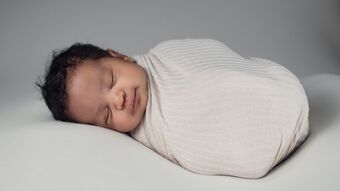
Last night the House of Lords voted to approve regulations imposing an extreme abortion regime on Northern Ireland.
In total 355 Peers voted for the regulations, while 77 voted against.
An amendment in the name of Baroness O’Loan would have completely rejected the regulations if successful, but sadly was voted against by a majority of Peers.
People of NI feel ignored
In her speech, Baroness O’Loan highlighted the strength of feeling amongst the people of Northern Ireland, due to this extreme law being imposed on them by Westminster:
“My Lords, these regulations apply only in Northern Ireland; we now have a functioning Northern Ireland Assembly. Abortion is a devolved matter; the Assembly voted to reject these regulations on 2 June... Of our 90 MLAs, 75 voted against the provisions for grounds of disability. When the NIO carried out its short consultation, 79% of respondents rejected these proposals. In the past few days, over 18,000 people have signed an open letter to Peers and MPs—I sent it to all noble Lords on Friday. They ask that you listen to them, and to the Northern Ireland Assembly, and do not approve these regulations.”
Lord McCrea also spoke of the disregard paid to devolution in imposing the regulations:
"My Lords, this legislation solely affects the people of Northern Ireland. It was introduced wrongly in the first place and now, to add insult to injury, we have a conflict with the democratic decision of the Northern Ireland Assembly."
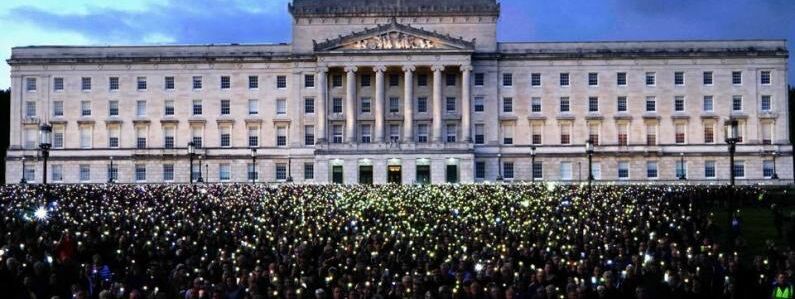
No offence for coercive abortion
Baroness O'Loan also pointed out that there is no provision in the regulations ensuring women are protected from coercive abortion, which was an offence covered under Northern Ireland’s former law on abortion — section 58 of the Offences Against the Person Act 1861. In fact, the overwhelming majority of prosecutions under this Act were due to coercive abortion.
When MPs voted last year to repeal this law, the Government had an opportunity to create an explicit offence of coercive abortion in the regulations and ensure women had adequate protection and would be able to receive justice for their baby's death if they were attacked and subsequently miscarried.
The Government have declined to fill this gap in the law. This is despite the fact, as Baroness O’Loan argued, the UK is required to criminalise coercive abortion under the Istanbul Convention on preventing and combating violence against women.
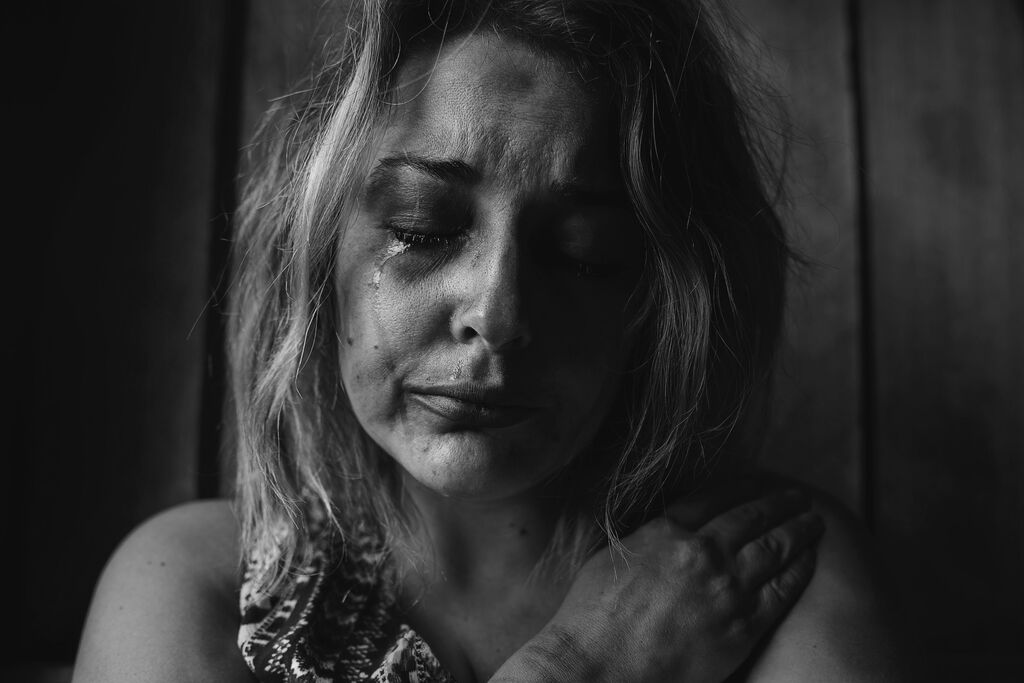
Lord Shinkwin calls out discrimination
Lord Shinkwin, who was born with brittle bone disease, also tabled an amendment but did not put it to a vote. He asked Peers to support Baroness O’Loan’s amendment and reject the regulations due to the discriminatory nature of the abortion law being imposed on Northern Ireland, which allows abortion up to birth in cases of ‘serious disability’
"As the youngest member of the National Disability Council...I helped to define in codes of practice what disability discrimination actually looked like. Central to the concept was the premise that there should be evidence of less favourable treatment on account of a human being’s disability. I would be interested to know how my noble friend the Minister thinks denying a human being who has been diagnosed before birth with a non-fatal disability such as mine the equal right to be born is somehow not less favourable treatment.
...It is hardly rocket science. The answer lies in two words, which both begin with the letter D: disability discrimination. That is what the Conservative Party claimed to have outlawed when it passed the Disability Discrimination Act 1995, yet here we are a quarter of a century later, with the Conservative Party back in government, asking people to continue to believe that it is against disability discrimination while imposing it on the only part of the United Kingdom that is a safe haven for human beings diagnosed with a disability before birth."
The Lord Bishop of Carlisle echoed Lord Shinkwin’s concerns:
"The General Synod of the Church of England has overwhelmingly approved a motion on valuing people with this syndrome. We have worked closely with people such as Heidi Crowter, who has Down’s syndrome and has already been widely quoted in the House of Commons calling on MPs and Peers not to vote for regulations that, in her words, “contain discriminatory provisions”.
If we approve these regulations we will be in the contradictory position of declaring on the one hand that people living with disability are valued, respected and cherished, but on the other that any disability—which can be a very broad concept—in and of itself, and regardless of other considerations, constitutes an automatic ground for termination."
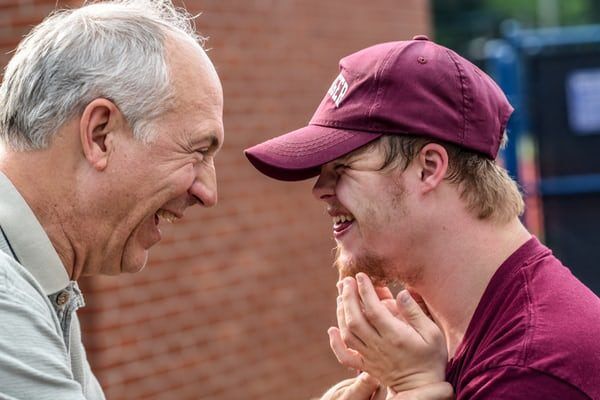
Moving advocacy on behalf of unborn babies
In a particularly moving speech, Lord McCrea highlighted the huge death toll abortion has had in the last year alone, and the irony that so many deaths are largely ignored:
"Every day we have listened to a homily from Ministers telling us how important it is to save lives, yet statistics show that in England and Wales nearly 210,000 children were lost to abortion in 2019. This legislation in Northern Ireland is even more liberal. This is immoral, and each of these cases represents a failure of society to protect the lives of babies in the womb.
During the pandemic, the BBC and other media crews were permitted into ICU wards to show the serious reality of what happens when a person is struck down with Covid-19. I wonder whether the film crews will be allowed into the theatres to show the brutality of how a child is torn from its mother’s womb just because the child has a disability, including Down’s syndrome. Is there no compassion left? I protest, and I beg this House to have mercy upon the innocent children who have done no wrong, only requesting the right to live. This legislation ensures that their voice will not be heard, and I support the amendment."
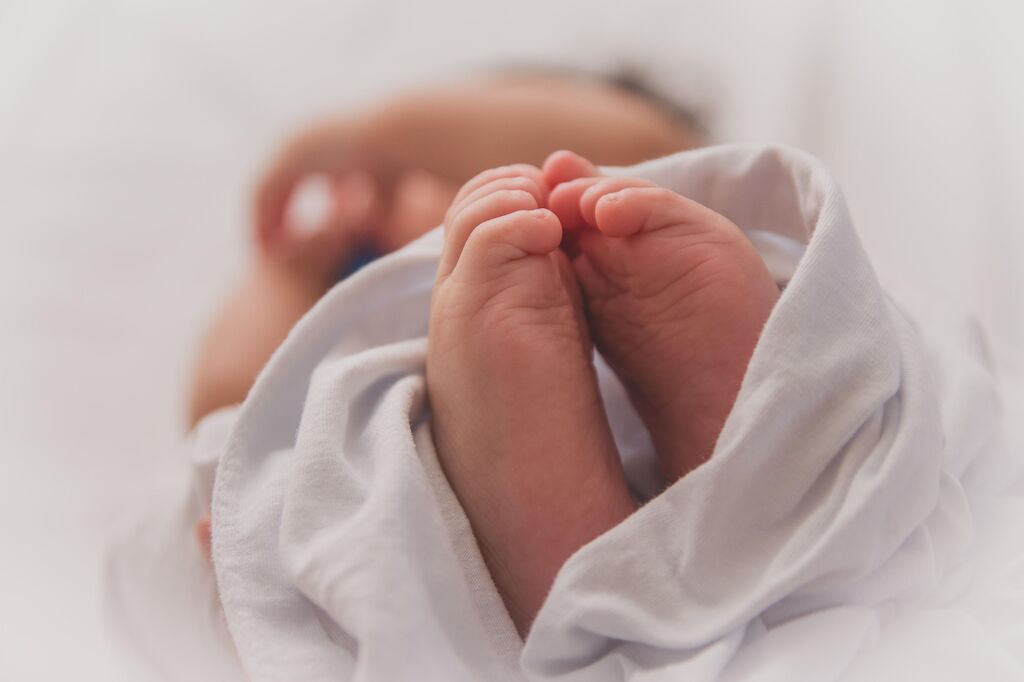
MPs to have final vote on regulations
The regulations must now be approved by MPs in the House of Commons, and a vote is likely to take place tomorrow.
MPs have the option to vote down the regulations and force the Government to redraft them or not to impose them on Northern Ireland.
Please contact your MP and ask them to vote against the regulations. For suggested points to make, you can find out more here about why these regulations are so bad for women and babies in Northern Ireland.
Thank you for continuing to stand with us at this time and to defend the value of life.
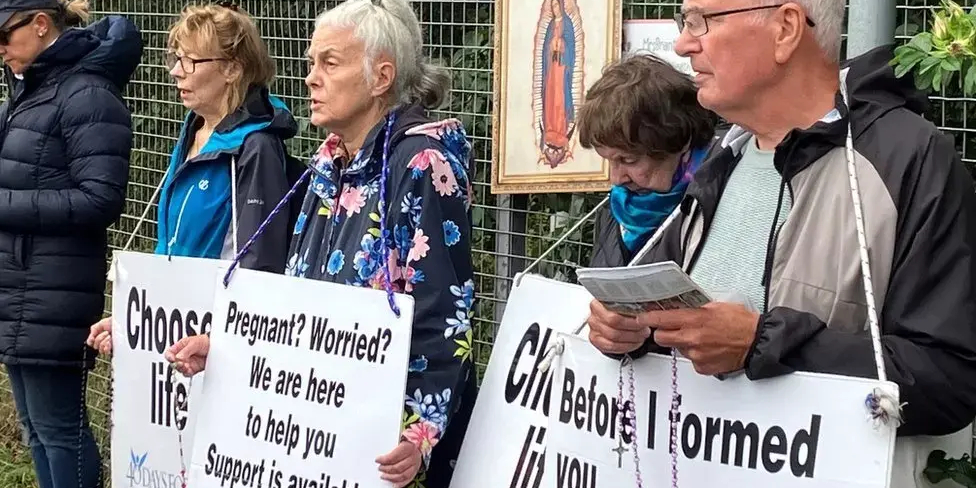

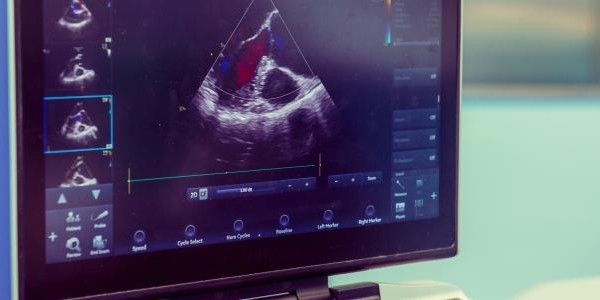
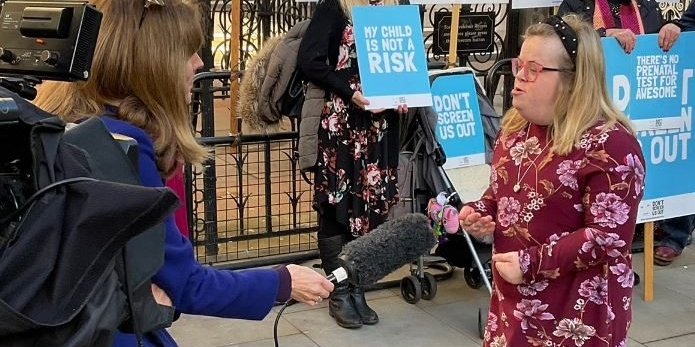

Share story
Value of life defended as Lords approve NI abortion regulations